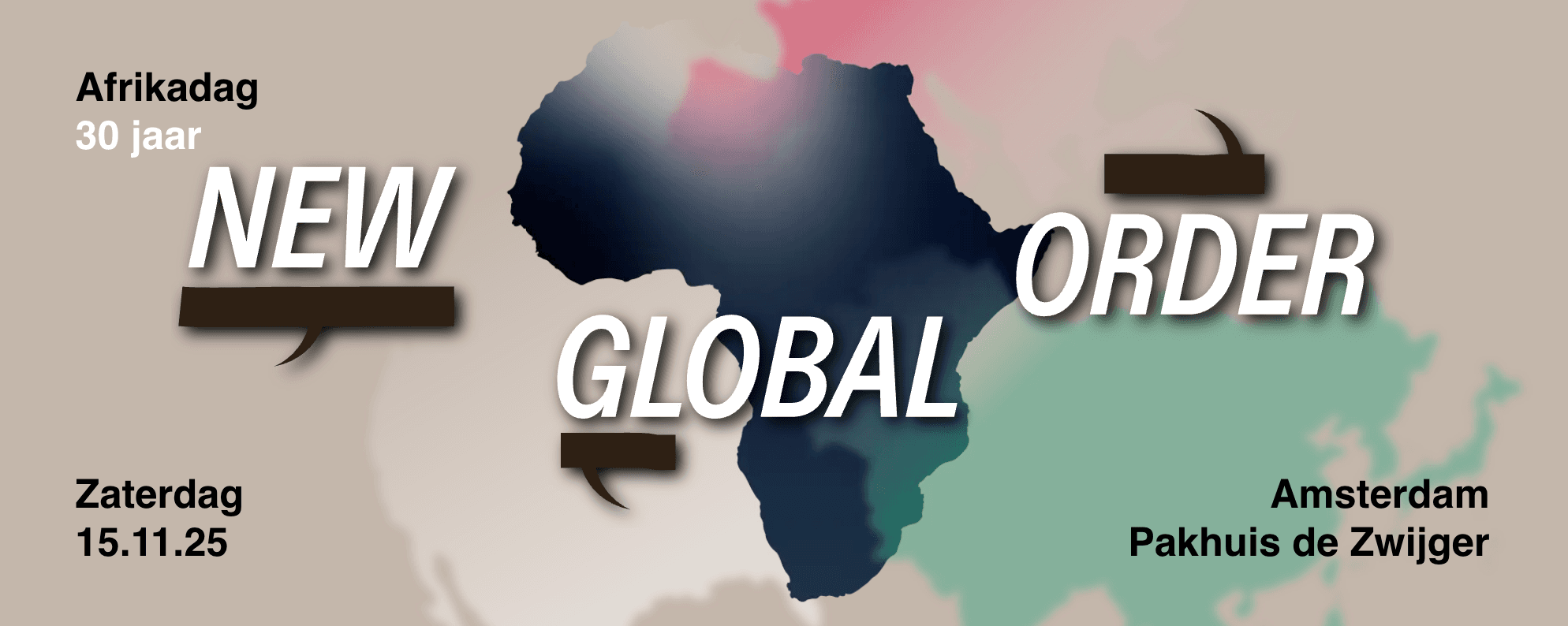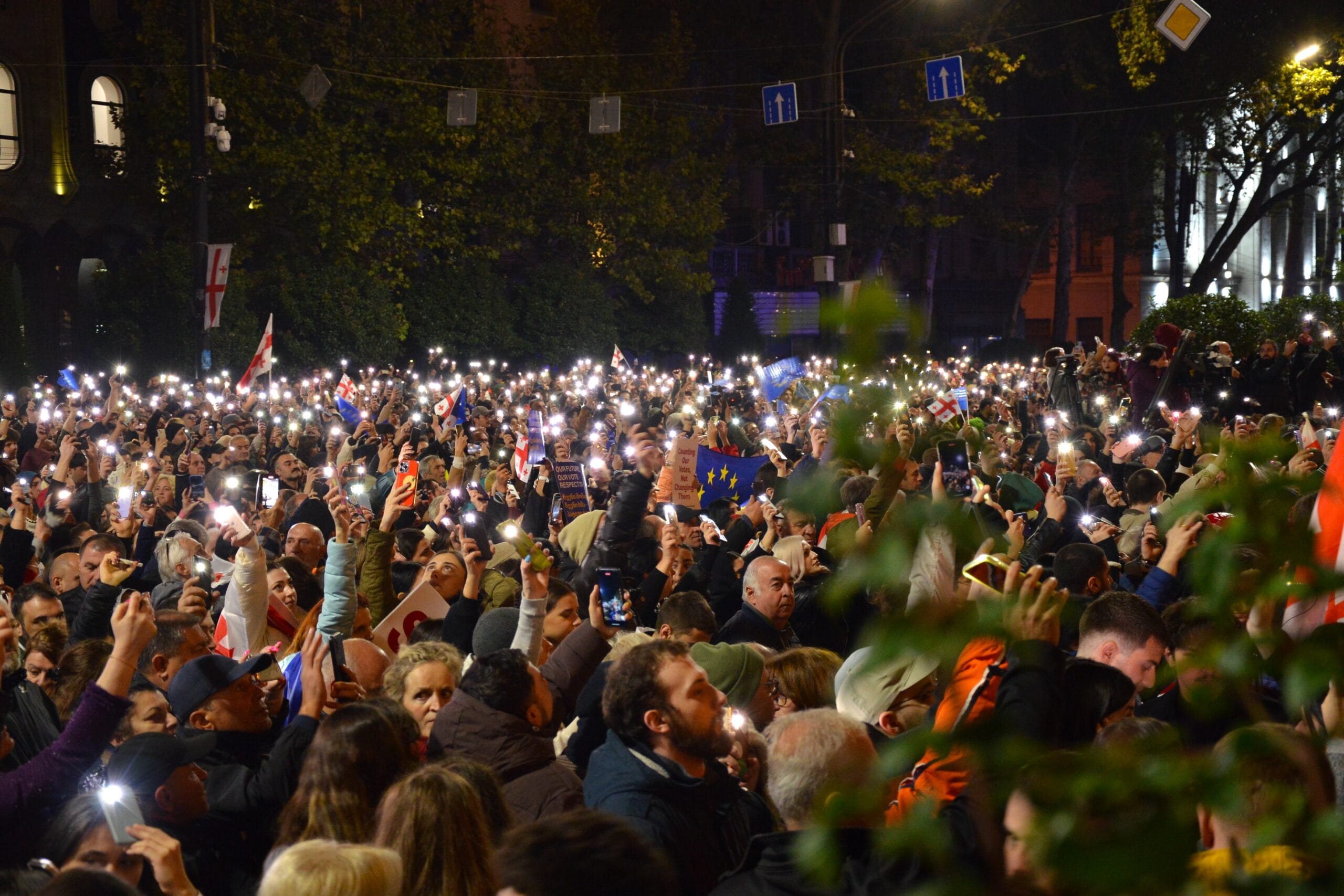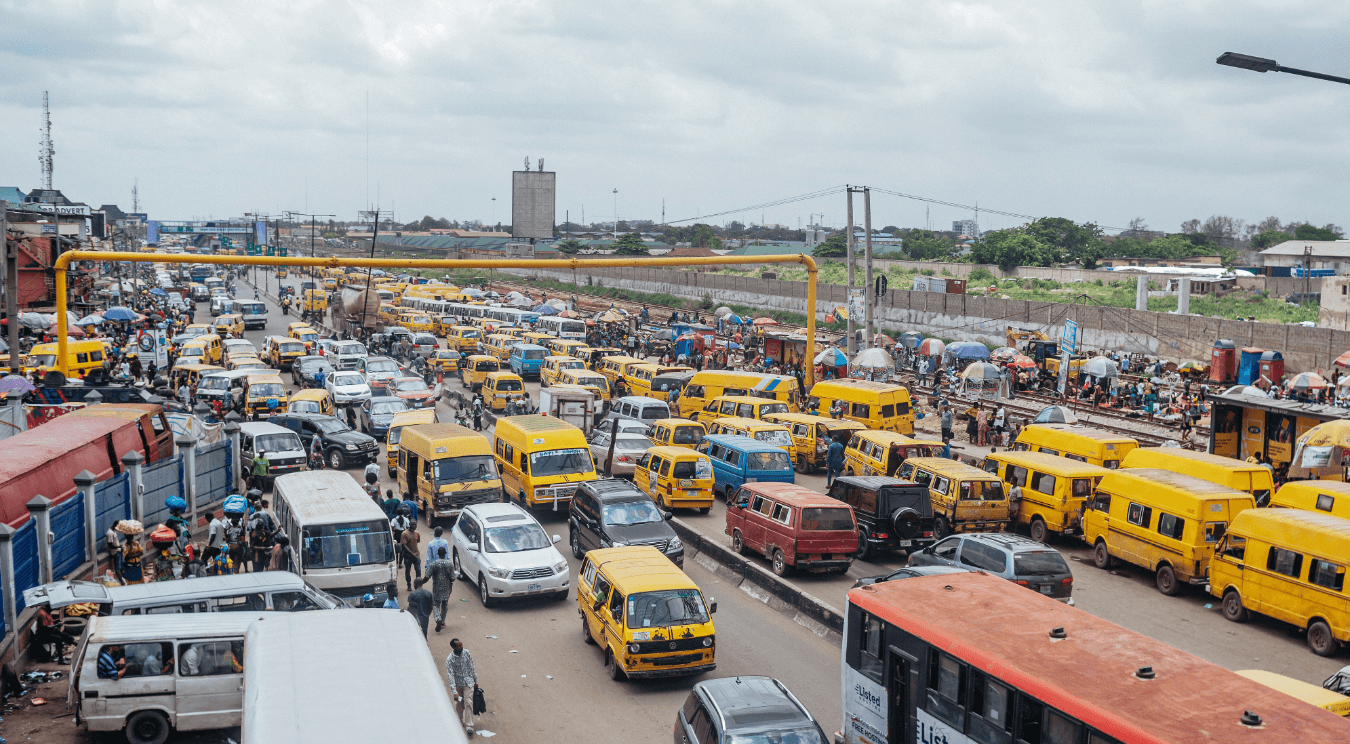This piece was originally published in the Trouw and was written by Ties Huis in 't Veld, international secretary of the Labour Party. The FMS was part of this trip to Georgia, and is therefore also sharing Ties' experiences on our website.
'Are you going to report?' During my recent visit to Georgia, it is a common question among democrats. The party in power, the pro-Russian Georgian Dream (GD), let go into effect 1 June a law that threatens opposition politicians and activists to go to jail if they do not register as a 'foreign agent'. If Europe wants to prevent the country from drifting further towards Putin, the EU will have to act.
With centuries-old traditions and a beautiful language, Georgia is a unique country. Less unique is the way oligarch Bidzina Ivanishvili's party is plunging the country into a democratic crisis. In recent months, the GD has rushed through a series of laws that we saw before in Moscow and Budapest.
Arrest of opposition members
The laws make it easier for the GD to counter demonstrations, sack officials and silence critical media. Hundreds of protesters have also been arrested including journalists, activists and, most recently, opposition politicians. With the new law, which dwarfs the previous 'foreign-agent law', the country is taking a substantial step towards autocracy.
Europe to date wields neither carrot nor stick. The EU rightly refuses to recognise the current rulers after last October's fraudulent elections. It has also frozen funds and made it harder for some with diplomatic passports to travel to the EU. That they and their families with personal passports still appear to be able to travel to Paris or Madrid, however, says enough.
More effective are measures that directly affect key GD politicians, including Ivanishvili himself. Besides European travel bans, these could include freezing bank assets and a ban on doing business in the EU. Should Hungary and Slovakia balk, the Netherlands can take measures with like-minded countries. The Baltic states have already set a good example by imposing sanctions of their own.
EU, support democrats
Equally important is support for democrats in the country. Since the GD interrupted EU accession negotiations, thousands of people have taken to the streets every day. At the risk of being arrested or receiving heavy fines, they hope to keep the European dream alive. The least the European Commission can do is use the frozen accession funds so the democrats can continue the fight for freedom and democracy.
That Russian attempts to expand its sphere of influence are not limited to Ukraine, Georgians have long known. To this day, Moscow is gradually shifting the border of Abkhazia and South Ossetia, provinces that Russia invaded in 2008. Where European leaders at the time underestimated Putin's expansionism, this time they should know better. Investing in Georgia's European future is also wise from a geopolitical point of view.
Foreign Minister Veldkamp also warned that Russia is increasingly targeting Georgia. On several occasions in recent months, he expressed support for the protesters and called for new elections.
His commitment is to be commended, but is undermined by the recent revelation that the Georgian canal Imedi TV is registered on Amsterdam's Zuidas. Russian propaganda is rampant on this. It was also embarrassing that Veldkamp revealed that the cabinet will not allocate more - but rather less - funds to Georgian civil society this year.
Despite their fears about what will happen after June 1, Georgian democrats hold out hope. Still the autocratic handbook has not been completed. Georgians who previously voted for the GD are also questioning the direction the party has taken for the country. It offers opportunities to turn the tide. High time for Europe and the Netherlands to show solidarity and put their money where their mouth is.




